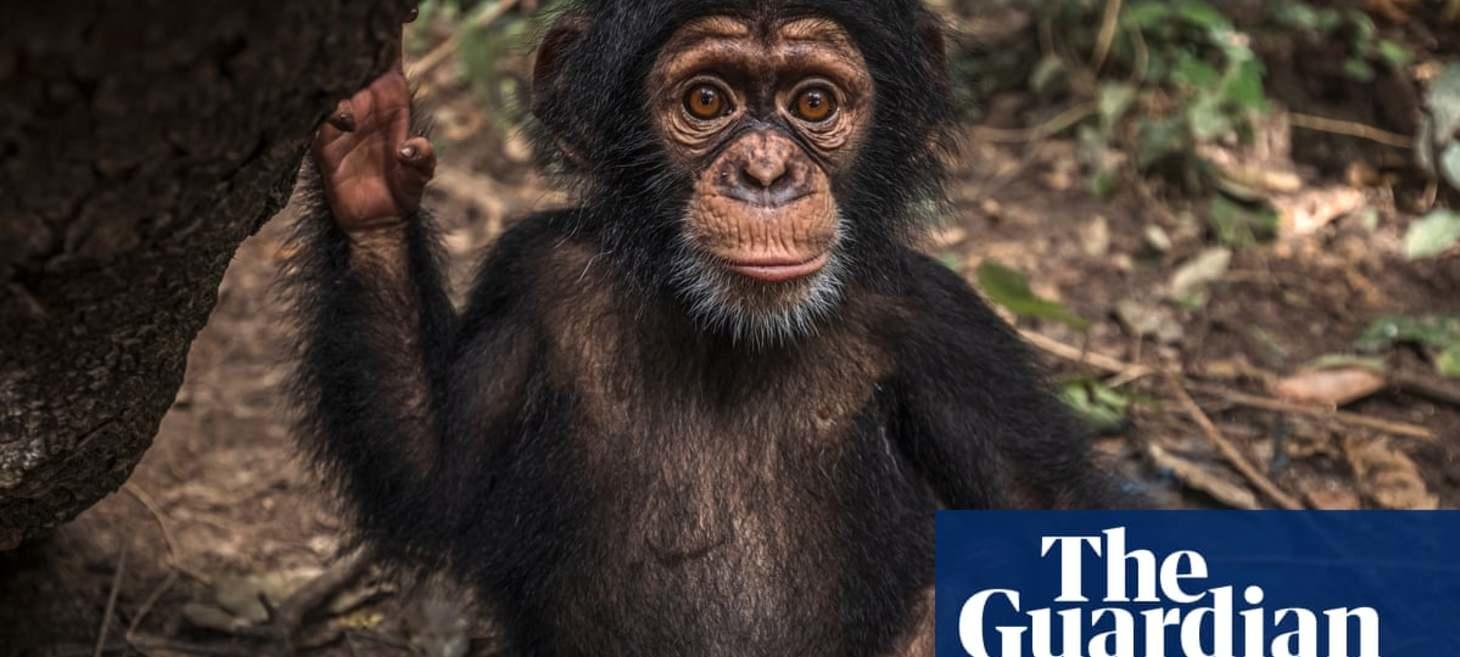Issue Highlights

Not just St. Valentine's Day, Feb 14 is also World 'Bonobo' Day; all you need to know about 'Make Love, Not War' apes
Bonobos are one of the species termed "endangered." They are known for their ways of maintaining relationships and settling conflicts through sex.

Most US Republicans sympathetic to Christian nationalism, survey finds | US news | The Guardian
According to a national survey released on Wednesday by the Public Religion Research Institute and Brookings Institution, 29% of white evangelical Protestants qualify as Christian nationalism adherents while 35% qualify as sympathizers.

Opinion | What’s It Like Being Trans? 12 Transgender Americans Discuss. - The New York Times
Why are so many nontrans Americans judging and opining about trans adults and children rather than listening to them?
Great Apes & Gibbons

Changing circumstances turn ‘sustainable communities’ into deforestation drivers: Study
About 90% of people globally living in extreme poverty, often subsistence communities, rely on forests for at least part of their livelihoods—making them the first ones impacted by forest loss.

Canopy bridges connect forests, wildlife, and international researchers
Canopy bridges provide a simple solution to this problem by allowing animals to cross over roads safely and maintain gene flow between populations.

On the edge of extinction: why western chimpanzees matter – photo essay | Guinea | The Guardian
he Chimpanzee Conservation Centre in Guinea, one of the few international institutions trying to protect this group of apes, and the only one that releases rescued chimpanzees into the wild – a project now in danger
Bonobo apes pout and throw tantrums — and gain sympathy
Primates that showed infantile behaviour after losing in a conflict drew consolation from their companions.
Why Congo’s most famous national park is betting big on crypto | MIT Technology Review
In an attempt to protect its forests and famous wildlife, Virunga has become the first national park to run a Bitcoin mine. But some are wondering what the hell crypto has to do with conservation.
Philanthropy
To shift power, fund entire ecosystems - Alliance magazine
As donors localize and place big bets, they should ask themselves if their funding will help sustain the ecosystem, if it will generate conflict between organizations, if it will help democratize funding, or if, perversely, it will serve to concentrate power or leave grantees overly dependent and ‘donor driven.’ Perhaps funders could begin to think about how widely they are able to spread their funding and how doing so can support positive inter-organizational dynamics, rather than how large they can make a singular grant.
There’s a New Giant in Climate Change Philanthropy. Here’s Everything We Know So Far | Inside Philanthropy
While Sequoia doesn’t share who its donor or donors are, multiple partners and grantees said the foundation is an offshoot of Wellspring Philanthropic Fund, a human rights and social justice backer launched by three secretive hedge fund founders. A Sequoia representative confirmed that it “spun out” from Wellspring, originally using its back office.
In Practice: How Foundations Can Compensate Stakeholders for Their Time - Leap Ambassadors
When it’s philanthropy benefiting from the time and expertise of a stakeholder, it subtly acknowledges the power imbalance embedded in the foundation-grantee relationship. Being generous with immense wealth sends the right kind of message philanthropy should have for the citizen and grantee community it serves.

How Gender Differences Show Up (and Don’t) in CEP’s Grantee Perception Report - The Center for Effective Philanthropy
The positive: There are very few statistically significant differences between the experiences of men and women, including in their ratings of the quality of relationships they have with their funders. The alarming: There is a pattern of differences in which respondents who identify as nonbinary, gender nonconforming, or who select multiple gender identities are having less positive experiences with their funders than respondents who identify only as men or women.








